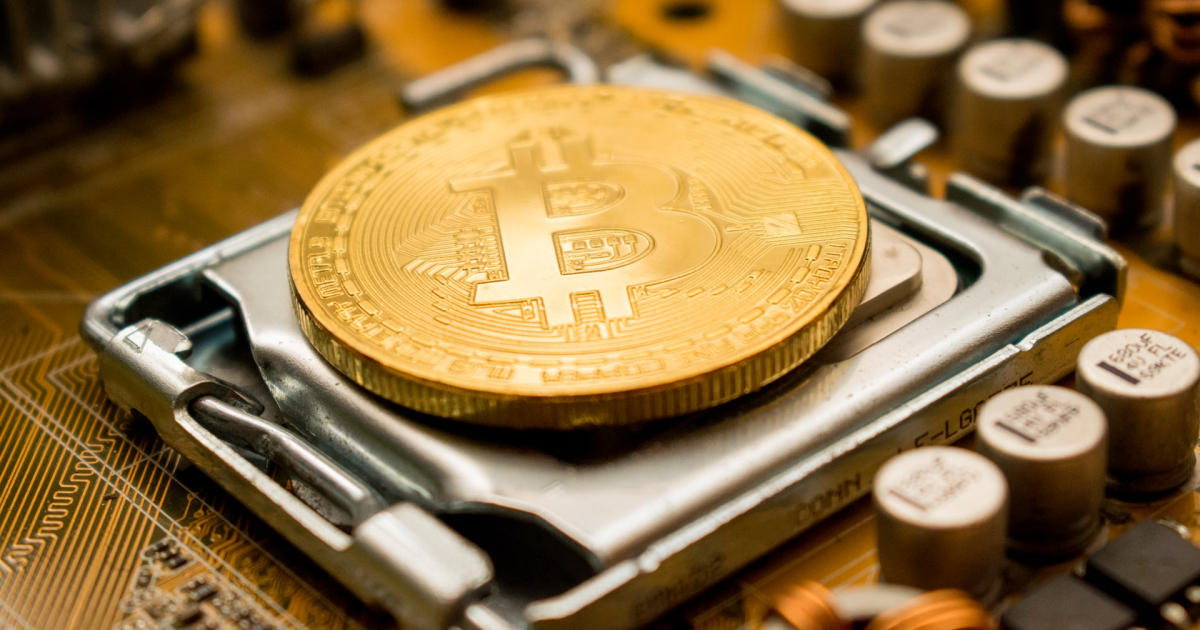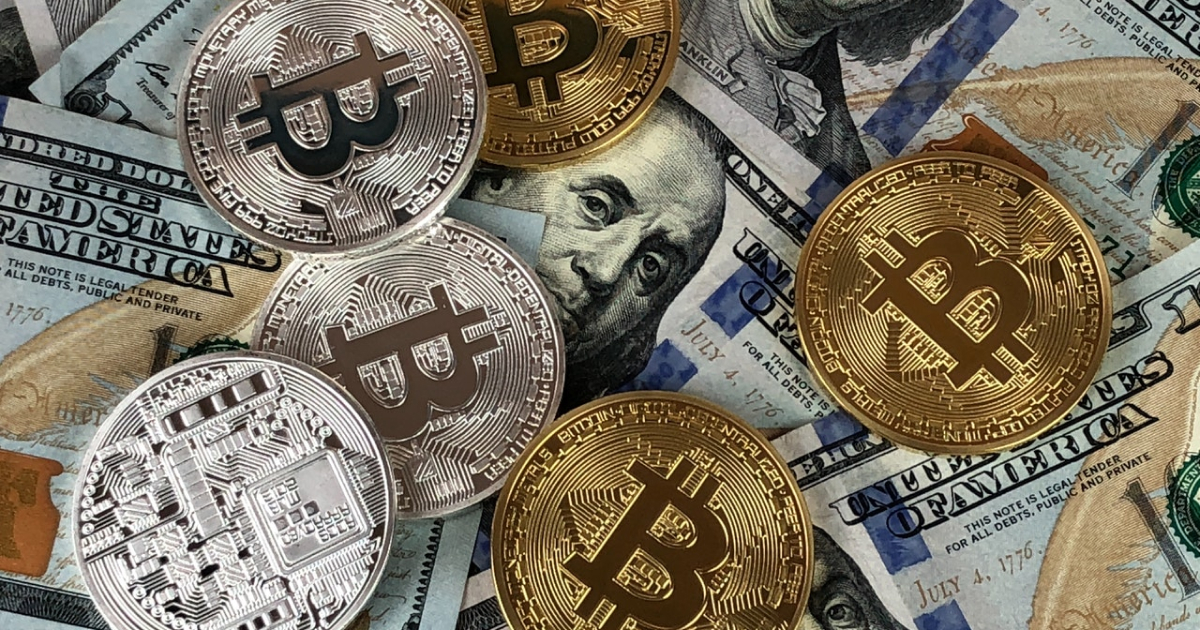Bitcoin and Criminality
Bitcoin has come a long way from its Silk Road days. Research suggests that only 0.34% of all transactions could be considered fraudulent. In contrast, the most laundered currency in known history is the US Dollar.
What you need to know
It's true... in bitcoin's early days, customers of the underground marketplace, Silk Road, did transact in bitcoin. In bitcoin's pure peer-to-peer form, users were able to hide behind its cryptography and anonymity. Back then, everyone truly was nothing more than a public key address.
But today...
Many people buy bitcoin through regulated exchanges. These businesses are subject to what's known as Know-Your-Customer, or KYC rules. Exchanges collect and store users' names, addresses, and other personal information.
And they must report their customers' bitcoin activity to government agencies if subpoenaed. In fact, some exchanges even willingly share customers' private information with these entities. These companies know who you are, how much bitcoin you purchased, and to what public address you withdrew your bitcoin.
From there, it's not a stretch for chain analytics companies, and others, to follow the trail stored forever on an open public network. Though it's largely been the criminals' own carelessness that's been their downfall, rather than a failing of the network.
The good news is that illicit activity isn't the problem some might think.
According to Forbes, "The majority of cryptocurrency is not used for criminal activity." In its 2021 report, Chainalysis says in 2019 criminal activity was 2.1% of all cryptocurrency transactions. And in 2020, the criminal share of all cryptocurrency activity fell to just 0.34%.
Remember, that's ALL cryptocurrency transactions. Activity on the bitcoin network would be an even smaller subset of those numbers.
In contrast, this Forbes article details Lessons From The Seven Largest AML Bank Fines In 2021. Or, you can read the full report by Kyckr, that found... "During the first half of 2021, 80 banks have been fined an estimated $2,732,099,008 for AML and KYC related violations."
The bitcoin network is both censorship-resistant and transparent. It is apolitical and amoral. It's open to all, for all to see. Any smart criminal is likely doing his business elsewhere.
Essential resources...
How Bitcoin Can Help Track Down Criminals (HBO)

0.3%
Illicit activity made up only 0.34% of all transaction volume.

99%
of transactions are performed through centralized exchanges subject to the same KYC/AML/CFT regulations as traditional banks.
Learn more about other issues

Bitcoin and human rightsProject type

Energy UseProject type
About us
For plebs by plebs. BTC is a 501(c)(4) nonprofit.
Find out more about us here.
© Bitcoin Today Coalition 2021.
Get engaged
Sign up with your email to receive the latest updates.



